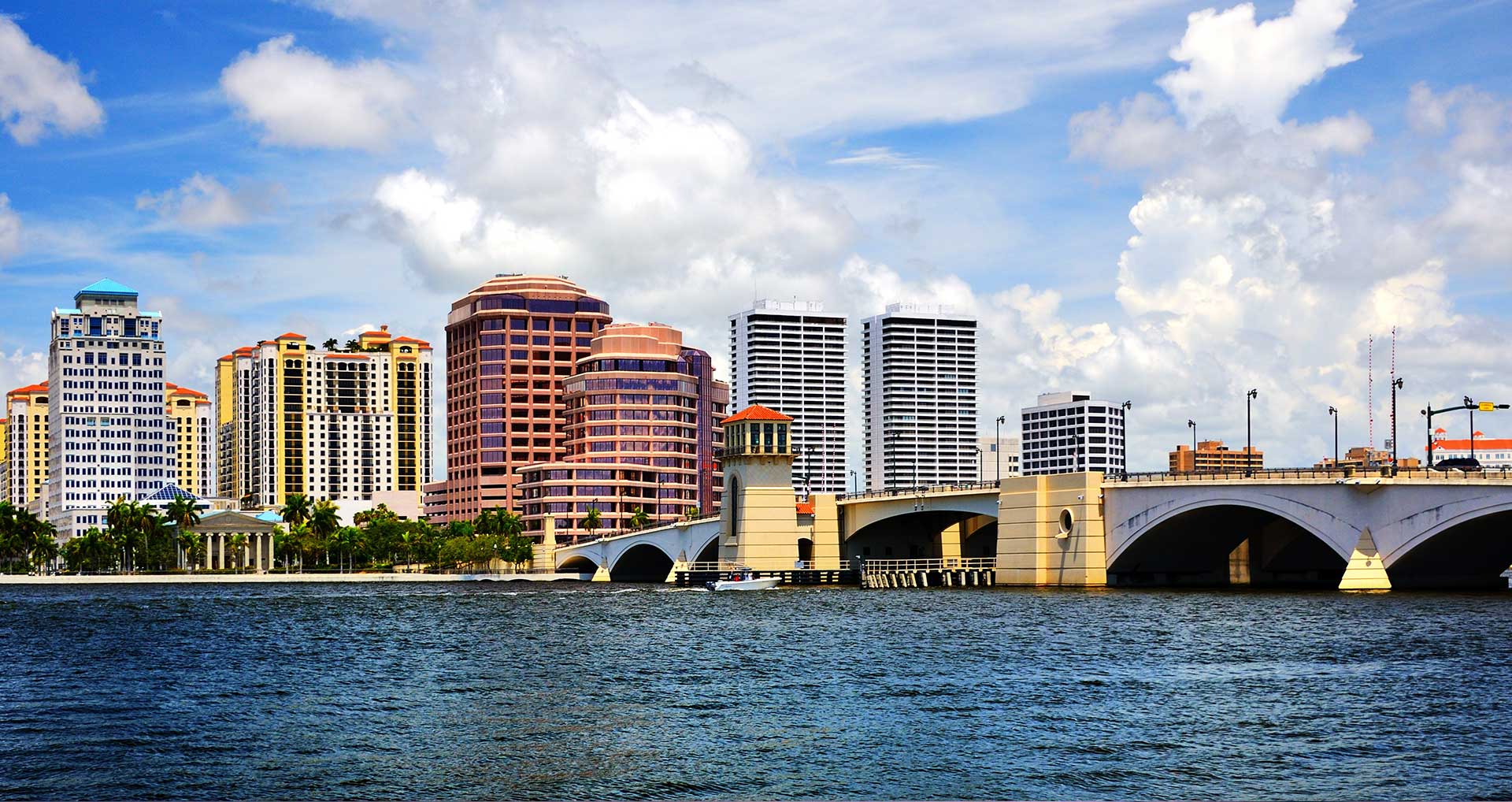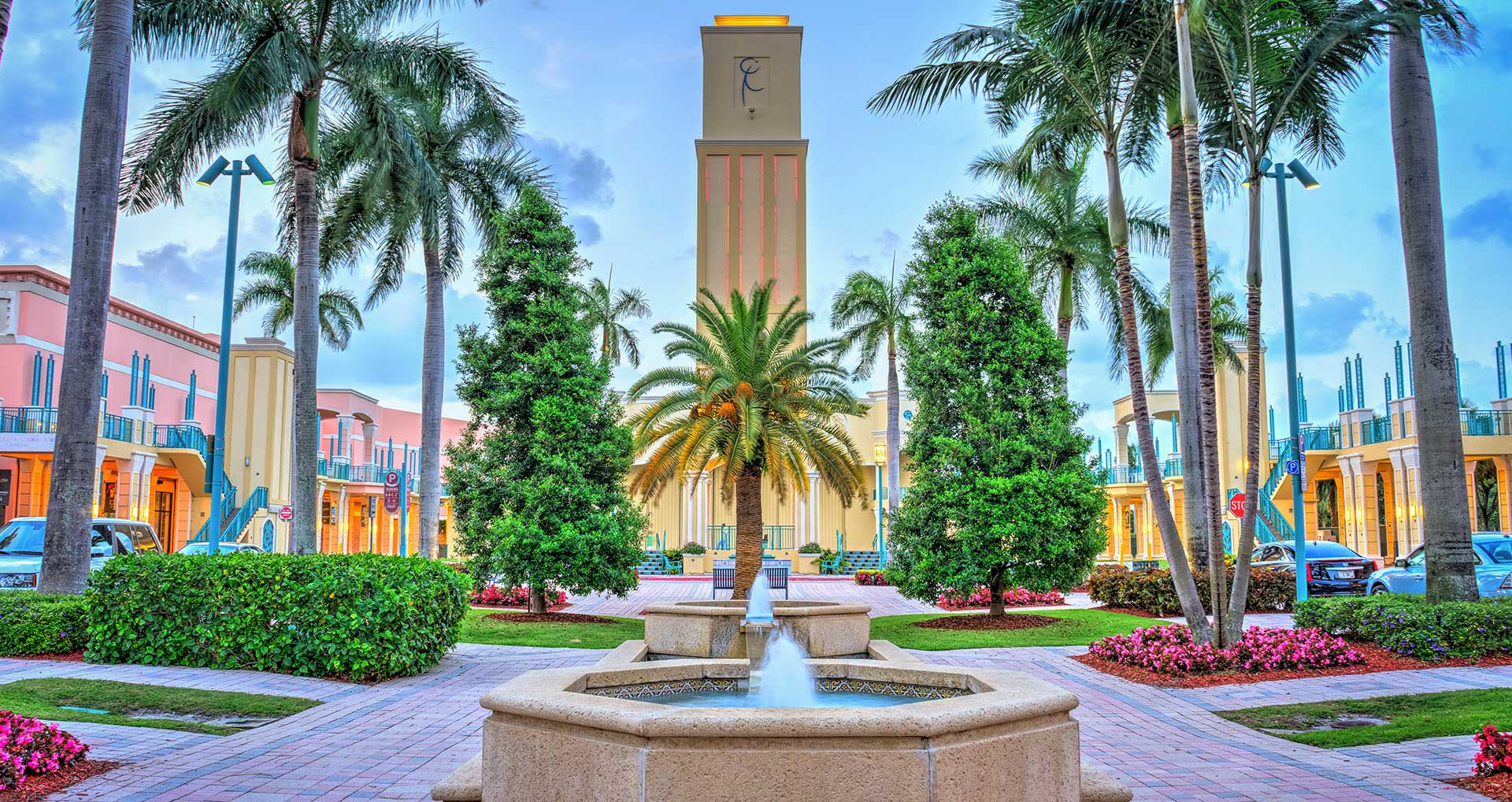COVID-19 and Force Majeure: Can the Coronavirus Excuse Contract Performance?
March 19, 2020
With nationwide concerns over the spread of COVID-19 rapidly forcing state and local governments to cancel large group events and dictate the closings of bars, restaurants and public parks and beaches, many affected businesses find themselves facing the question of whether they will be able to perform their contractual obligations. If the contract at issue contains a force majeure provision, however, some businesses might not be required to perform after all.
In Florida, acts of God, impossibility of performance, and frustration of purpose are well-recognized defenses to nonperformance of a contract. Mailloux v. Briella Townhomes, LLC, 3 So. 3d 394, 396 (Fla. 4th DCA 2009) (citing Fla. Power Corp. v. City of Tallahassee, 18 So.2d 671, 675 (1944) (recognizing that an act of God which is extraordinary and unprecedented such that human foresight could not guard against it provides legal justification for nonperformance of a contract); Am. Aviation, Inc. v. Aero–Flight Serv., Inc., 712 So.2d 809, 810 (Fla. 4th DCA 1998) (explaining that impossibility of performance can provide a defense to nonperformance of a contract where facts making performance impossible were not available to promisor prior to execution of contract).
A contractual force majeure provision excuses a party from performing its obligations under the contract when certain circumstances beyond the party’s control make performance impossible. A typical force majeure clause will look something like this:
No party shall be liable or responsible to the other party, nor be deemed to have defaulted under or breached this Agreement, for any failure or delay in fulfilling or performing any term of this Agreement, when and to the extent such failure or delay is caused by or results from acts beyond the affected party’s reasonable control, including, without limitation: (a) acts of God; (b) flood, fire, earthquake, hurricane or explosion; (c) war, invasion, hostilities (whether war is declared or not), terrorist threats or acts, riot, or other civil unrest; (d) government order or law; (e) actions, embargoes, or blockades in effect on or after the date of this Agreement; (f) action by any governmental authority; (g) national or regional emergency; and (h) strikes, labor stoppages or slowdowns, or other industrial disturbances. The party suffering a Force Majeure Event shall give notice [within [NUMBER] days of the Force Majeure Event] to the other party, stating the period of time the occurrence is expected to continue and shall use diligent efforts to end the failure or delay and ensure the effects of such Force Majeure Event are minimized.
The principle underlying these types of clauses is that no party to an agreement should be obligated to perform if performance is prevented by certain extreme circumstances outside that party’s control. In alignment with this principle, Florida courts recognize that parties can agree to a broader clause than what would be available to them under the law of impossibility. See, e.g. Home Devco/Tivoli Isles LLC v. Silver, 26 So. 3d 718, 722 (Fla. 4th DCA 2010) (“force majeure clauses broader than the scope of impossibility are enforceable under Florida law, including those allowing foreseeable as well as unforeseeable events to excuse timely performance”). See also Stein v. Paradigm Mirasol, LLC, 586 F.3d 849, 857 n.6 (11th Cir. 2009).
So what does all of this mean in connection with the COVID-19 outbreak? Epidemics, pandemics and quarantines, such as those the nation is currently experiencing as a result of COVID-19, arguably fall under the “acts of God” category listed in most force majeure clauses.
For example, let’s say a corporation enters into an agreement containing a force majeure clause with a convention center or hotel, pursuant to which the former agreed to host a business conference and the latter agreed to provide food and beverage as well as conference space for seventy-five plus people. In this current COVID-19 climate, such an agreement could arguably be considered “impossible” to perform due to an act of God, given that the virus has caused President Trump to declare a national state of emergency and the Center for Disease Control has issued interim guidance (https://www.cdc.gov/coronavirus/2019-ncov/cases-updates/florida.html) that people should avoid gatherings of 10 people or more.
Ultimately, Florida courts will focus on the extent to which a force majeure event caused the nonperformance and occurred a) outside the non-performing party’s control and b) without that party’s fault or negligence. E.g., Gulf Power Co. v. Coalsales II, L.L.C., 661 F. Supp. 2d 1270, 1280–81 (N.D. Fla. 2009); Camacho Enterprises, Inc. v. Better Const. Co., 343 So. 2d 1296, 1297 (Fla. 3d DCA 1977).
If a contract does not contain an express force majeure provision, Florida courts still recognize the doctrine of impossibility of performance. Courts employ that doctrine with great caution, however, if the relevant business risk was foreseeable at the inception of the agreement and could have been the subject of an express provision of the agreement. Am. Aviation, Inc. v. Aero-Flight Serv., Inc., 712 So. 2d 809, 810 (Fla. 4th DCA 1998). Accordingly, where performance of a contract becomes impossible after it is executed, if knowledge of the facts making performance impossible were available to the promisor, he cannot invoke them as a defense to performance. Id. Indeed, if the risk of the event that has supervened to cause the alleged frustration was foreseeable there should have been provision for it in the contract, and the absence of such a provision gives rise to the inference that the risk was assumed. Id.
A court’s decision whether to excuse an impacted party’s performance because of such an event depends largely on the foreseeability of the event. For example, the Uniform Commercial Code (UCC) will excuse a seller from timely delivery or for non-delivery of goods where its performance has become impracticable because of either:
- Unforeseen supervening circumstances not within the contemplation of the parties at the time of contracting.
- Compliance in good faith with an applicable foreign or domestic governmental regulation or order whether or not it later proves to be invalid.
Fla. Stat. § 672.615(1) (2019).
Remember that not all force majeure provisions are created equal. To determine whether the one in your contract can form a valid basis for cancellation, you’ll want to have an experienced business and contract lawyer review it. The AV-rated attorneys at Chane Socarras, PLLC regularly handle complex business and contractual disputes. For more information on this or other topics related to such contract issues, click here or call us at (561) 309-3190.


